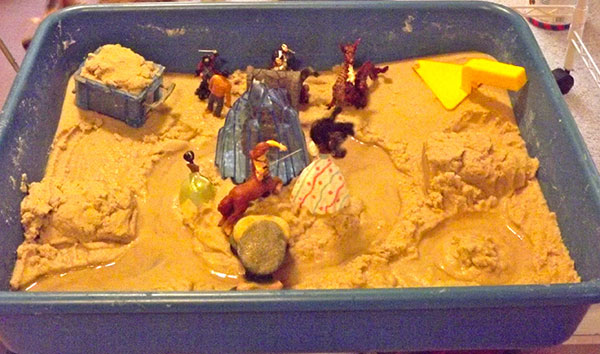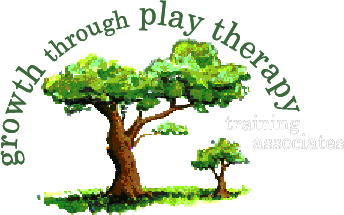Description
WORK TOWARD BECOMING A REGISTERED PLAY THERAPIST
LOCATION
3725 Coolidge Avenue, Oakland 94602
TARGET AUDIENCE
This course is designed for LMFTs, LCSWs, LPCCs, LEPs, pre-licensed associates and graduate mental health students.
PREREQUISITES
Familiarity with sandtray is helpful.
SCHEDULE
- Day 1: focuses on sandtray with children, teens and families. We will review categories of miniatures as well as collecting and displaying them. Developmental information and behaviors specific to children’s use of sandtray will be covered. Theoretical approaches, both directive and non-directive, will be included with examples of both. Slides and videos will be used to as a way to practice questions and observations and to help understand themes. Family play therapy activities using sandtray will be described and practiced.
- Day 2: Include a review of the impact of trauma on the neuropsychological development of children and youth. The impact of different types of trauma from single incident traumas to complex traumas and factors mediating the effects will be considered.
The focus moves to the power of sandtray to offer healing. Case examples and experiential components will be included. Both directive and non-directive methods will be explored, including processing trauma trays.Issues specific to trauma, such as aggression and dissociation, will be reviewed and play therapy techniques offered to work with these issues.
TRAINER
Karen Pernet has been in practice for over 25 years and is a national CCPT and Filial Therapy trainer. She was awarded the 2009 Outstanding Contribution to FT Practice and Training Award. Her trainings have been described as lively, encouraging, responsive to individual needs, informative, interactive and fun. She relishes sharing her love of sandtray.
LEARNING OBJECTIVES
- List 4 categories of miniatures a play therapist should include in a sandtray collection geared to children, teens and families.
- Explain one reason that play therapists should not interpret the metaphors which often appear in the children’s sandtray stories.
- List 4 questions or observations that play therapists can use in witnessing and/or processing sandtrays with children
- Learn 2 directive activities to use with children during a play therapy session.
- Name 1 way that the play therapy sandtray of a pre-schooler would differ from the tray of an older school age child.
- Learn at least 1 directive sandtray-play therapy activity to use with families.
- Explain the differences between 3 types of traumatic experience-single incident trauma, PTSD and developmental trauma and give an example of how each one might effect a play therapy client.
- Explain how sandtray stories created during play therapy sessions can aid a child, teen or adult resolve traumatic memories
- Learn 2 sandtray/play therapy interventions for treating trauma.
Continuing Education
Sierra Institute for Contemporary Gestalt Therapy (Provider #76949) is approved by the California Association of Marriage and Family Therapists to sponsor continuing education for LMFT’S, LCSW’S, LPCC’S AND LEP’S. SICGT maintains responsibility for this program/course and its content. Growth through Play Therapy is an approved provider for the Association for Play Therapy APT 09-241. There is no extra charge for APT CEs. Partial credit cannot be offered. This workshop and presenter have no conflict of interest in presenting this workshop, nor is there any commercial support.
ACCOMONDATIONS
To request accommodations for special needs, please email the Program Administrator at kepernet@gmail.com
GRIEVANCES
To obtain the grievance policy or report a grievance please email kepernet@gmail.com or call 510-923-0520
CERTIFICATES
Course Completion certificates will be awarded at the end of the course in exchange for a completed evaluation form. Course meets the qualifications for 12 hours of continuing education credit for LMFTs, LCSWs, LPCCs and LEPs as required by the California Board of Behavioral Sciences.
CANCELLATION POLICY
Full refund if canceled 45 days in advance minus $50 administrative fee; after that date there will be no refund unless space is filled from the waiting list.
QUESTIONS
Contact Karen at 510-923-0520 or kepernet@gmail.com


